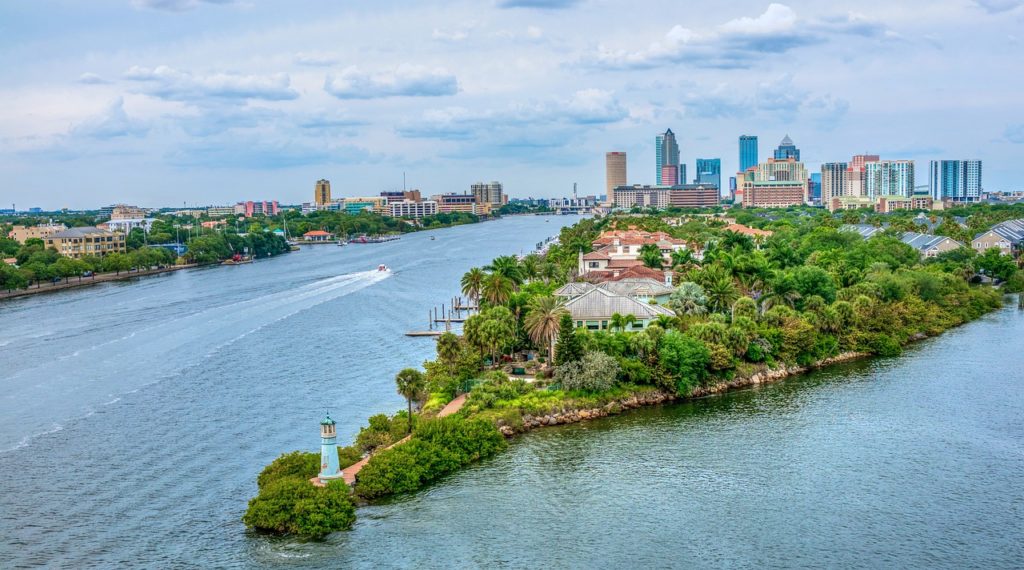
Injured Abroad – What Should You Do?

Each of us wakes up to thoughts of the day ahead. We may be going to work. We may be meeting friends. We might have to spend the day choosing furniture in stuffy showrooms. Whatever is on the agenda, personal injury is never even going to make it onto the very bottom of our reserve list of tasks. However, where a personal injury does occur, the close support of family and friends (and simply knowing the emergency number to call if you require medical assistance) is preferable to being out of your comfort zone in a foreign country.
Don’t think it’ll happen to you? One common example of injury abroad involves rented modes of transport. If you are visiting a beach resort, the temptation to rent a quad bike or small motorbike for the purpose of getting around is made all the more attractive by the cheap rental options available. This means many people will be getting around via modes of transport with which they may not be entirely familiar, meaning accidents can happen – get in touch with a local motorcycle accident lawyer if you have been affected.
What to do if you are seriously injured abroad
Serious injuries could include issues such as assault or accidental serious injury through trips or falls. At this early stage, what you need to keep in mind is that serious injuries must be reported to the local authorities, and you may need to report your injury to your embassy – there could be repatriation details that need to be organised, and the more time your embassy has to review the situation, the more likely that all-round beneficial routes forward can be explored in time.
Make sure you know your healthcare cover options
When travelling abroad, you need to explore your travel insurance options. Travelling abroad without healthcare insurance is not recommended, as the emergency services and doctors may be under no obligation to provide free treatment where an injury is not covered by an insurance plan (even if the injury wasn’t your fault).
Gather on-the-scene evidence
Using your camera phone, try to take photographs of your injury and of the accident scene. This evidence can show the exact nature of the scene at the time of your injury, before any vital details are moved / altered / removed (the site will necessarily be ‘tidied’ by the local authority or proprietor of the property in order to make the space available for the public). Also, make a written note of what you remember, as memories can fade over time – this should include dates and the details of any medical treatment.
What to do once you return home
If you are seriously injured, your insurance provider may be able to provide the details of a local legal firm. However, many people simply wish to return home to creature comforts before beginning a claim for personal injury compensation. If you believe that your injury was caused by negligence, contact a lawyer to discuss your circumstances – this is where the evidence that you gathered will come in useful.






















